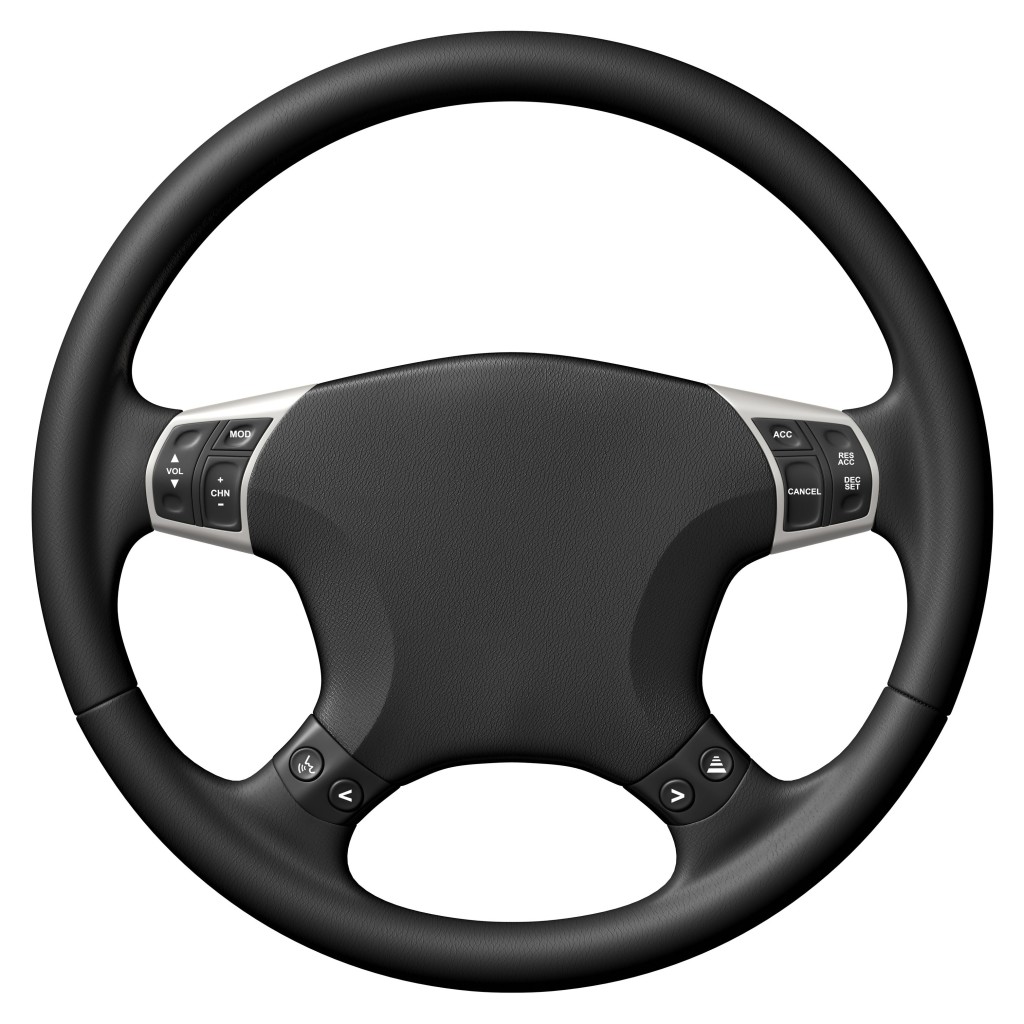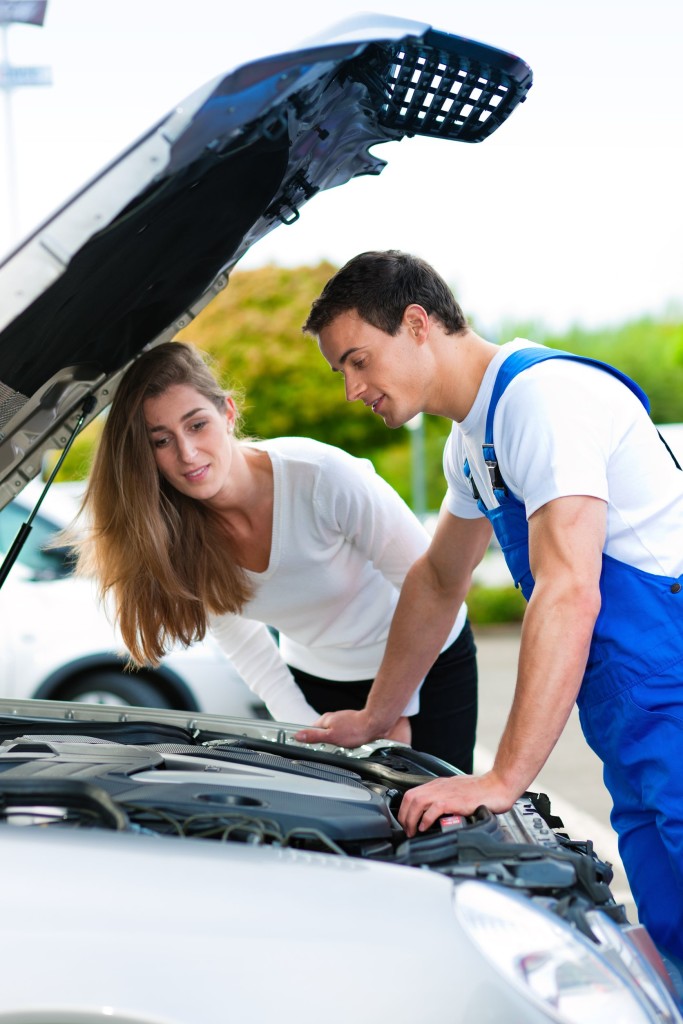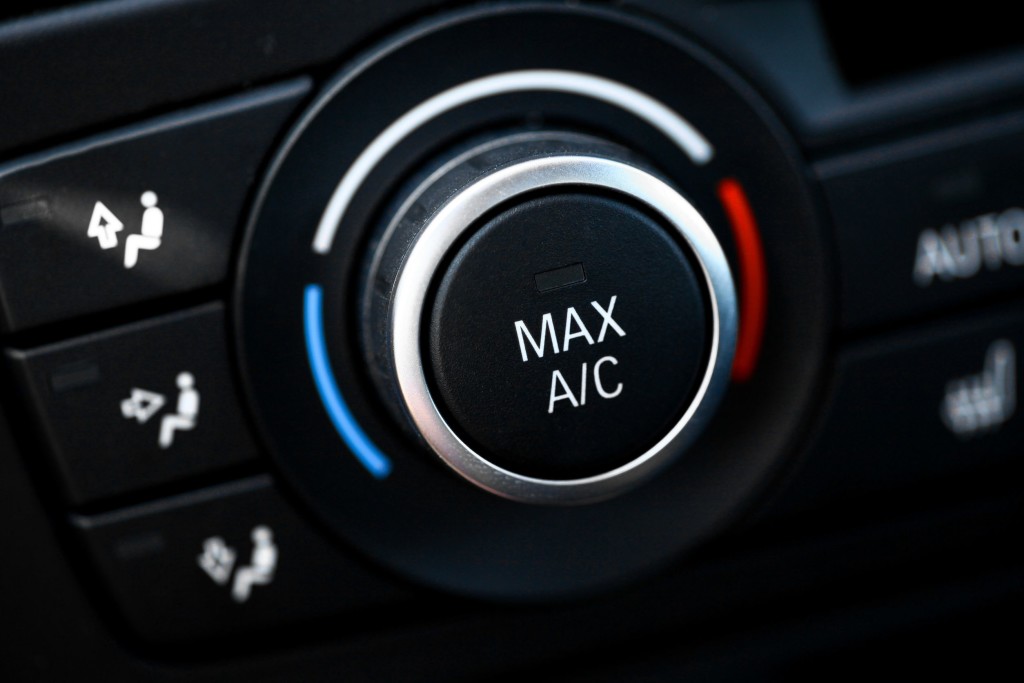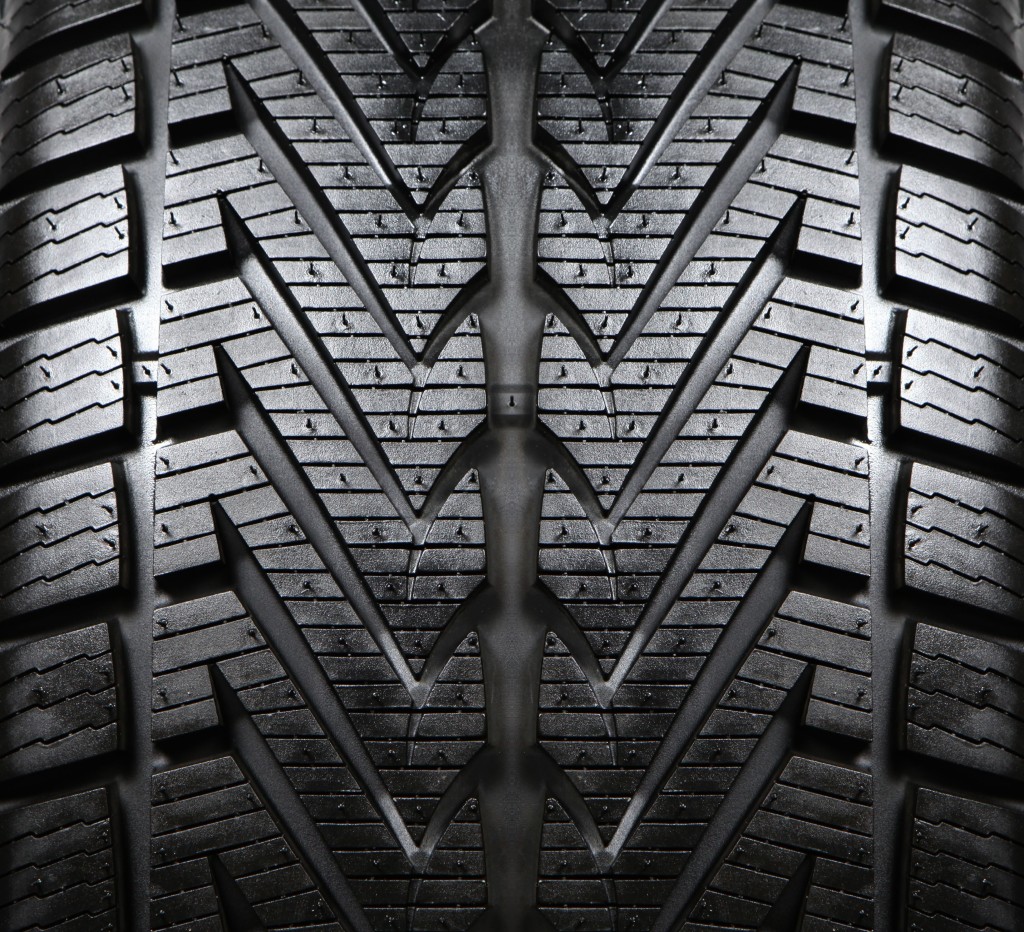 We don’t need to tell you how important it is to be able to steer freely while you’re driving. If you are having difficulty steering, or your hear troubling noises while turning, you’ll want to find a safe place to park and address the issue. Attempting to drive with the problem can lead to accident and injury.
We don’t need to tell you how important it is to be able to steer freely while you’re driving. If you are having difficulty steering, or your hear troubling noises while turning, you’ll want to find a safe place to park and address the issue. Attempting to drive with the problem can lead to accident and injury.
There are numerous reasons why your steering may be inhibited. Today, we look at five common causes of steering problems, and we discuss how you can fix the issue.
1. Low Power Steering Level – Just like the rest of your car’s fluids, your power steering fluid needs to be at the appropriate level for your car to run optimally. If you notice that it’s difficult to steer your car, the first thing you should check is your power steering level.
2. Power Steering Leak – This problem goes hand in hand with the above issue, as the biggest culprit of low power steering levels is a leak. Unlike oil, power steering levels aren’t always the same color. Power steering fluid typically comes in one of three colors, clear, red or pink, so if you notice a puddle of those shades underneath your car, check your power steering fluid levels.
3. Damaged Steering Rack Mount – If your steering wheel starts to feel uncontrollable, you might have an issue with your steering rack mount. Steering rack mounts are something you can fix on your own if you know what you’re doing, but they are best serviced by a certified mechanic. If you’re unsure, err on the safe side and bring you car into the shop.
4. Damaged Power Steering Belt – Your power steering belt drives the power steering hydraulic-fluid pump, which is turned by a pulley on the crankshaft. If the belt gets slack or wears down, the steering wheel may start to feel heavy or jerky. Typically the issue can be fixed by tightening the slack belt, or by replacing it altogether.
5. Bad Strut Bearings – If your wheel begins to wander or stray while you a driving, you might have a problem with your strut bearing or tie rods. This could be caused by a broken steering rack, so this is another issue your mechanic may inspect if you suspect your car’s wheel is damaged.


